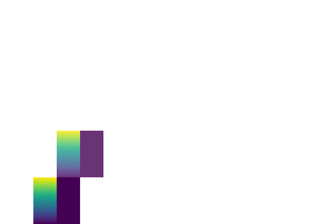matplotlib.pyplot.figimage¶
-
matplotlib.pyplot.figimage(X, xo=0, yo=0, alpha=None, norm=None, cmap=None, vmin=None, vmax=None, origin=None, resize=False, **kwargs)[source]¶ Add a non-resampled image to the figure.
The image is attached to the lower or upper left corner depending on origin.
Parameters: - X
The image data. This is an array of one of the following shapes:
- MxN: luminance (grayscale) values
- MxNx3: RGB values
- MxNx4: RGBA values
- xo, yoint
The x/y image offset in pixels.
- alphaNone or float
The alpha blending value.
- norm
matplotlib.colors.Normalize A
Normalizeinstance to map the luminance to the interval [0, 1].- cmapstr or
matplotlib.colors.Colormap, default:rcParams["image.cmap"](default:'viridis') The colormap to use.
- vmin, vmaxfloat
If norm is not given, these values set the data limits for the colormap.
- origin{'upper', 'lower'}, default:
rcParams["image.origin"](default:'upper') Indicates where the [0, 0] index of the array is in the upper left or lower left corner of the axes.
- resizebool
If True, resize the figure to match the given image size.
Returns: Other Parameters: - **kwargs
Additional kwargs are
Artistkwargs passed on toFigureImage.
Notes
figimage complements the axes image (
imshow) which will be resampled to fit the current axes. If you want a resampled image to fill the entire figure, you can define anAxeswith extent [0, 0, 1, 1].Examples
f = plt.figure() nx = int(f.get_figwidth() * f.dpi) ny = int(f.get_figheight() * f.dpi) data = np.random.random((ny, nx)) f.figimage(data) plt.show()
